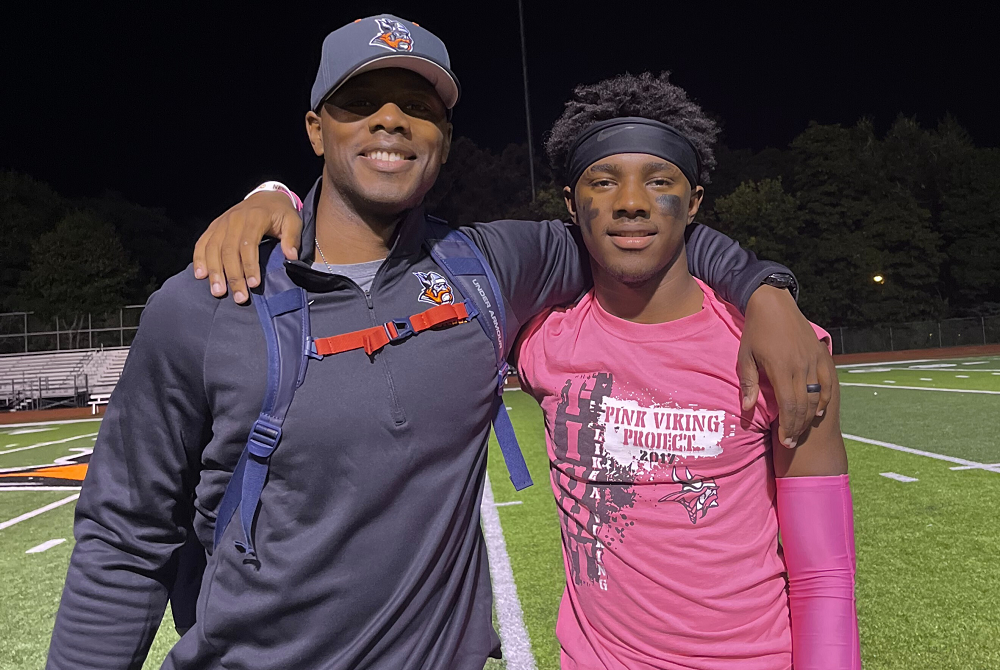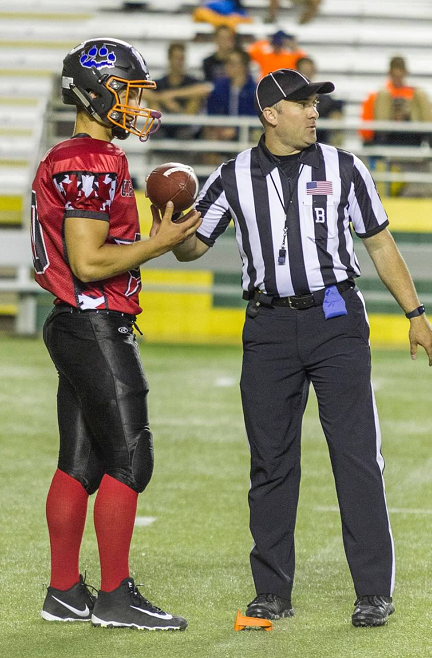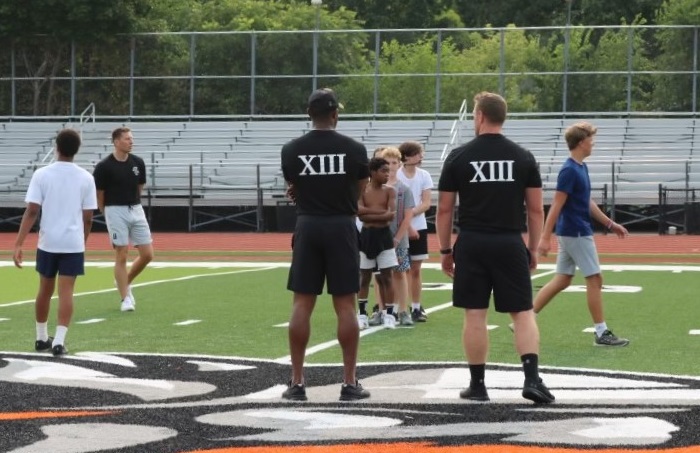
Educating for Educational Athletics
October 11, 2013
Michigan’s educational tradition of local control (which the MHSAA has respected) and Michigan educators’ distaste for unfunded mandates (which the MHSAA has consistently opposed) have had the result of keeping Michigan schools in neutral while schools in many other states have been in high gear to enhance training for interscholastic coaches.
Multiple levels of coaching education and even licensing or certification of coaches is now standard operating procedure in many other places. In contrast, Michigan has had almost no requirements for school-sponsored coaches.
However, in measured steps, change is coming to Michigan to promote an interscholastic coaching community better equipped to serve student-athletes, with special attention to health and safety:
-
As a result of an MHSAA Representative Council vote last March, all high school level assistant and subvarsity coaches must complete the same rules and risk minimization meeting requirement as high school varsity head coaches or, in the alternative, must complete a free health and safety course linked to or posted on MHSAA.com. This takes effect in 2014-15.
- In December, the Representative Council will vote on a proposal to require all high school varsity head coaches to hold valid (current) CPR certification. This would take effect in 2015-16.
- In March, the Council will vote on a proposal to require all persons who are hired for the first time as an MHSAA member high school varsity head coach after July 31, 2016, to have completed Level 1 or 2 of the MHSAA Coaches Advancement Program.
Implementing these policies over the next three years will not advance Michigan schools to the head of the class with respect to assuring school coaches receive ongoing education in the critical coaching responsibilities dealing with participants’ health and safety. This will, however, move our schools from a near failing grade to average, from D- to perhaps C.
Ultimately, we will need to overcome legitimate concerns for adding to the difficulty of finding and affording coaches, and do much more to assure the programs we sponsor deserve the label “educational athletics.”

From MSP Post to Postgame: Lieutenants Return to the (Football) Field
September 27, 2023
While fans are settling into another season, Michigan State Police Lt. Tedric Gibbs has been fully immersed in football for months.
The Jackson Post’s assistant post commander serves as assistant coach for Jackson High School’s varsity football team and for the team at Parkside Middle School.
“I started coaching when my older son was in youth sports, as a way to do something together that we both love,” Gibbs said. “My younger son followed the same path, so I joined his team too. I grew up in Jackson and am grateful to be able to serve my hometown from the sidelines and at our post.”
 Some 400 miles north, Lt. Mark Giannunzio is also a familiar face in and on the field. The MSP Negaunee Post assistant post commander and Eighth District public information officer enforces the rules of the game as a high school and college football official, the latter for the Great Lakes Intercollegiate Athletic Conference.
Some 400 miles north, Lt. Mark Giannunzio is also a familiar face in and on the field. The MSP Negaunee Post assistant post commander and Eighth District public information officer enforces the rules of the game as a high school and college football official, the latter for the Great Lakes Intercollegiate Athletic Conference.
“I started at the high school level to stay involved in athletics and make authentic connections in the community,” Giannunzio said. “It’s rewarding to help teach the game and share knowledge of the rules. I currently have a full 11-game schedule in the GLIAC Division II college conference, with high school games interspersed during the year.”
The correlation among coaching, officiating and policing translates.
“With my fellow troopers, I want to inspire, motivate and encourage to get the most out of them,” Gibbs said. “I take the same approach with my players to figure out what they need from me, as their designated leader, to be as successful as they can. In both capacities, I do the work alongside them. We do it together.”
This approach is especially important when tough times surface. Lieutenant Gibbs’ high school team experienced tragedy right before its first game when a player died in a car crash.
“We focused on adversity,” said Gibbs, who was in a unique position to talk from a police perspective too. “It’s a benefit to have that insight and background and share it with what they can control – make good decisions and wear your seatbelt.”
Lieutenant Gibbs incorporates his coworkers when he can, like during spring conditioning when fellow troopers join him and his players, helping all involved to make new connections and build strong bonds between the students and officers.
 “One of the most important attributes in both careers is communication,” Giannunzio said. “Communication can make or break an official and a police officer. Much like selling a citation to a motorist, I need to be able to sell the penalty in a calm and professional manner. Demeanor and attitude go together on both the football field and when we are out patrolling in the Blue Goose.”
“One of the most important attributes in both careers is communication,” Giannunzio said. “Communication can make or break an official and a police officer. Much like selling a citation to a motorist, I need to be able to sell the penalty in a calm and professional manner. Demeanor and attitude go together on both the football field and when we are out patrolling in the Blue Goose.”
Treating everyone with dignity and respect is something Lieutenants Gibbs and Giannunzio commit to as members of a modern police agency and in their areas of expertise on the football field.
“Both roles afford so many opportunities to develop culture and cultivate teamwork,” Gibbs said. “The best part is watching others flourish and playing a part in their growth.”
PHOTOS (Top) Michigan State Police Lt. Tedric Gibbs, left, serves as an assistant football coach for the Jackson High varsity. (Middle) Lt. Mark Giannunzio officiates at the high school and college levels. (Below) Gibbs also coaches at Jackson Parkside Middle School. (Photos provided by the Michigan State Police.)

